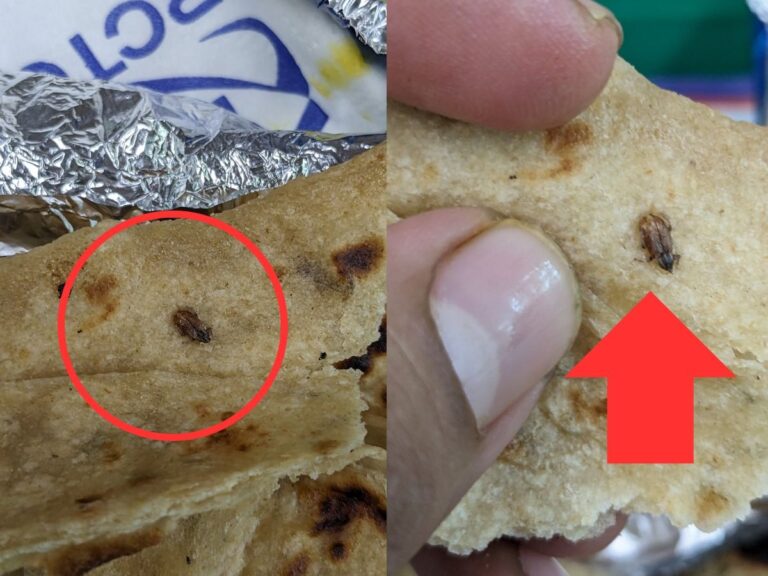
The world knows South Korea for its tech twigs Samsung and boy band BTS, but here is another picture which has not come in front of the people till now and that is the debt trap.
Seoul: The Squid Game series on Netflix has made people crazy about it. This South Korean series has also broken many records, but another aspect of it is also coming out which is quite disturbing. Actually, there are many people in South Korea whose condition has become like the cash-strapped characters of ‘Squid Game’, who are getting caught in the debt trap.
- Real Life ‘Squid Game’ in Korea
According to a report in Mint, 58-year-old Yu Hee-sook, who was nearing retirement, had paid off her loan long back, but even now, collection agencies make repeated threats to her. They are being threatened with confiscation of their bank accounts as the loan was secured without their knowledge and handed over to the investors.
- …it’s like the end of the world
Yu, who wrote for film magazines, made a film in the year 2002, which flopped badly. U got a lot of debt. Yu paid off all his debt in 13 years. Yu says that becoming a credit delinquent in Korea is like the end of the world. Yu said that like the 456 contestants of ‘Squid Game’, I only wanted opportunities to repay the loan, but the banks don’t let you make money.
- Something like this is the real story of South Korea
He says that the world certainly knows South Korea for its Boy Band BTS and sleek Samsung smartphones, but there is another picture here too… that is the debt trap. Due to this the suicide rate is increasing.
Record domestic lending is promoting housing development and private investment, but loan waivers are not customary here. That is, once one who is trapped in this debt trap, he goes on getting trapped. According to court data, personal bankruptcy in this country reached a five-year high last year (50,379).
Data from Korea Credit Information Services shows that the proportion of those who are behind in paying more than one type of personal loan has reached 55.47% as of June, up from 48% in 2017.






